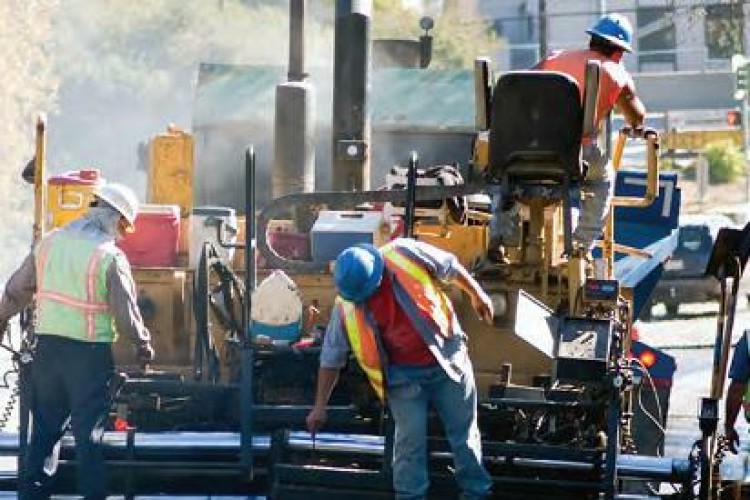The report covers global corruption trends in the roads sector and includes recommendations based on the experience of developed and developing countries.
Curbing fraud, corruption and collusion in the roads sector suggests that more attention should be paid to project supervision, in addition to more widely adopting project-level preventive measures. Greater project supervision is especially recommended in high-risk environments and with a particular focus on verification of cost estimates and the identification of collusive bidding.
The report explores how the World Bank and developing nations can reduce losses from collusion in procurement and fraud and corruption in contract execution.
It draws on what the Bank’s investigative office, the Integrity Vice Presidency (INT), has learned from its investigations of Bank-funded roads projects together with borrowing governments’ investigations and reports and the experience of developed countries.
“Corruption in the roads sector is a problem for both developed and developing countries, yet the economic and social loss is more profound for poor communities in developing countries,“ said president of the World Bank Group Robert B Zoellick. “Well-planned, properly-maintained, and safe roads are critical for economic growth and overcoming poverty. Fighting collusion and corruption in tendering and execution of roads sector is a priority for achieving sustainable investments for our clients.”

In recent years, the World Bank has elevated INT’s stature within the institution and increased INT’s budget, allowing the unit to ramp up its investigative capacity and improve preventive efforts to reduce the risk of fraud and corruption, while holding wrongdoers accountable for the waste of development funds.
To reduce risks of collusion and corruption, the World Bank relies on enhanced supervision tools, investigative resources and a functional sanctions system to assist clients in safeguarding investments from fraud, corruption, and collusion. The report suggests that, in addition to more widely adopting project-level preventive measures, more attention should be paid to project supervision, especially in high-risk environments and with a particular focus on verification of cost estimates and the identification of collusive bidding.
INT’s recent work included 117 investigations in the 2010 financial year, with 45 debarments of firms and individuals for engaging in wrongdoing. There were 32 referrals of investigative information to governments and anticorruption agencies, for follow-up national action. A cross-debarment agreement among the multilateral development banks means that debarred companies can no longer seek business from the others, closing a loophole.
The International Corruption Hunters Alliance brings together 250 senior officials from 134 countries, to inject momentum into global anti-corruption efforts.
Got a story? Email news@theconstructionindex.co.uk



